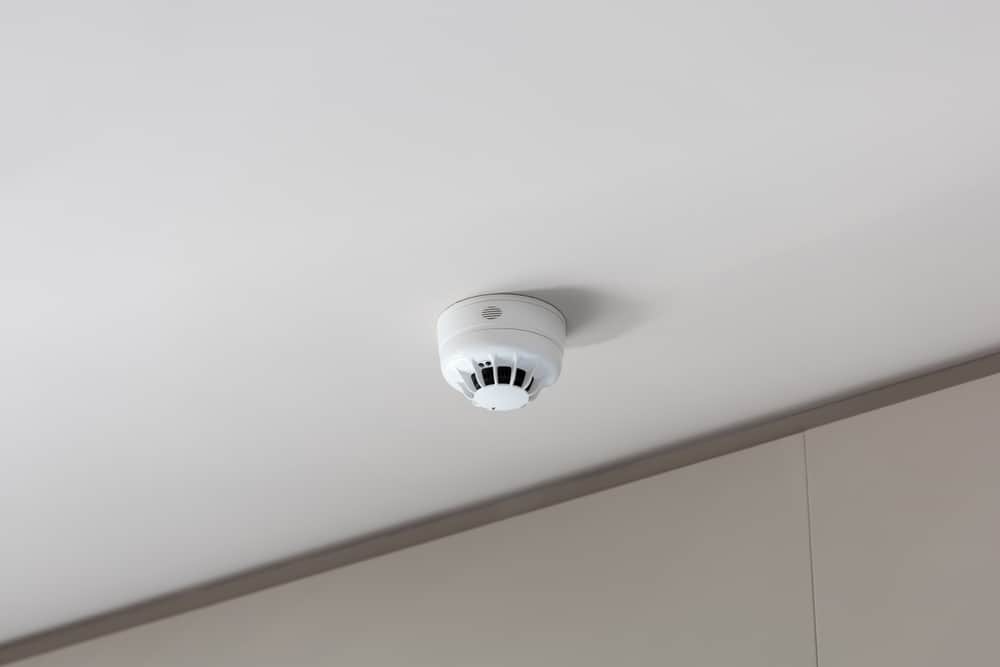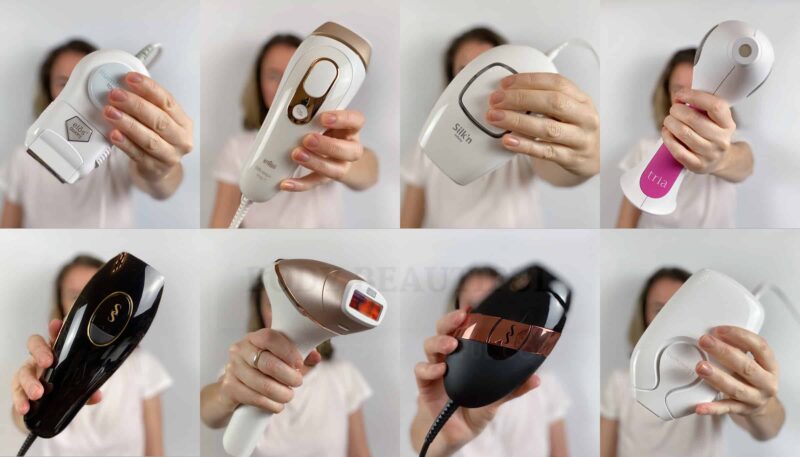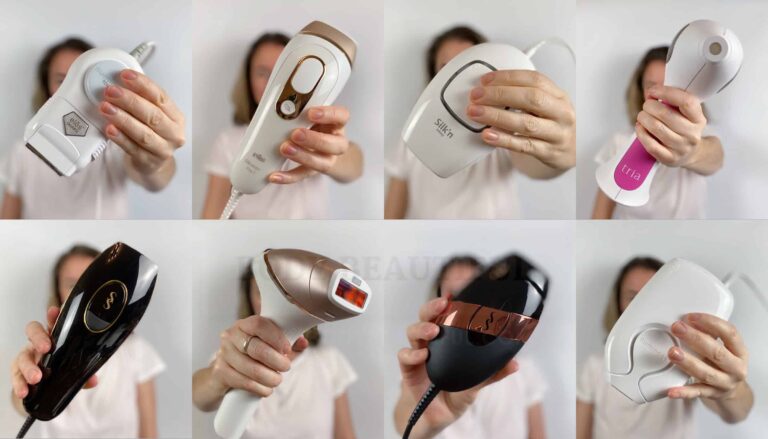In the evolving landscape of hospitality and travel, the integration of technology to ensure guest comfort and safety has taken a front seat. With the meteoric rise of vaping as a popular alternative to traditional smoking, travelers and hoteliers alike face new challenges. Hotels are now tasked with balancing the preferences of vaping guests against the need to maintain a comfortable and safe environment for all. This pressing concern has led to the adoption of various measures, including the potential use of vape detectors.
The Rise of Vaping and Hotel Policies

As vaping continues to carve out a significant presence worldwide, its impact on public spaces has become an unavoidable issue for the hospitality industry. The transition from traditional smoking to vaping has not only changed social norms but also prompted hotels to reconsider their indoor air quality policies. Initially designed to accommodate non-smokers, these policies are now being expanded to address the nuances of vaping. However, the approach to enforcing these updated policies varies significantly from one establishment to another. While some hotels have strictly banned all forms of smoking, including vaping, inside rooms and public areas, others may offer designated spaces for guests who vape. Navigating this varied landscape requires travelers to be well-informed about individual hotel policies to avoid any misunderstandings or penalties during their stay.
What Are Vape Detectors?
Vape detectors represent a technological solution to a modern problem, serving as the hospitality industry’s answer to the discrete nature of vaping. Unlike traditional smoke detectors, which are designed to alert occupants of potential fire by detecting smoke particles, detectors are engineered to identify the unique chemical signature of vapor from e-cigarettes. These sophisticated devices can distinguish between different types of aerosols, allowing for the detection of this activity in real-time. Installed in rooms, hallways, or other designated areas, detectors aim to help hotels enforce their smoking and vaping policies more effectively. If you want to know more about vape detectors here you can find additional info.
Understanding Hotel Vape Policies
Before diving deeper into the mechanics and implications of vape detectors in hotels, it’s crucial to understand the legal and policy landscape that governs vaping in public accommodations. Hotel vape policies are not uniform; they vary widely depending on the country, state, or even the hotel chain’s internal regulations. These policies are often influenced by local laws regarding smoking and vaping in public spaces, with hotels adopting measures that range from complete bans to restricted use in designated areas. For travelers who vape, it’s essential to research and understand the specific policies of the hotel they plan to stay in. This knowledge not only helps in choosing accommodations that align with one’s preferences but also in avoiding fines or other penalties for non-compliance.
The Technology Behind Vape Detectors
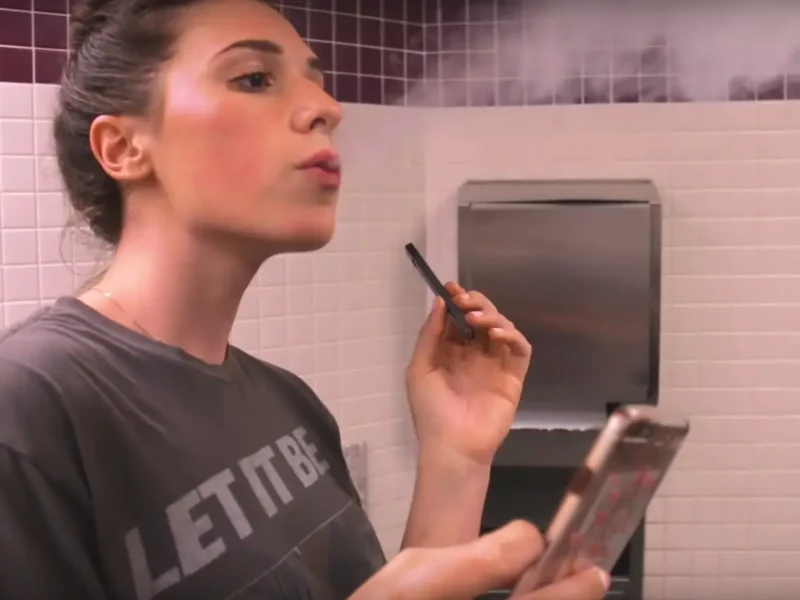
Delving into the technical aspects of vape detectors reveals a sophisticated array of sensors and algorithms designed to identify vaping with high accuracy. These devices typically utilize a combination of particulate matter sensors, volatile organic compound (VOC) sensors, and sometimes even nicotine sensors to detect the presence of vape aerosol in the air. When vape particles are identified, the detectors can trigger various responses, from alerting hotel management through a centralized monitoring system to activating in-room warnings for guests. The technology behind detectors is continually evolving, with manufacturers striving to improve sensitivity and reduce false alarms, ensuring that hotels can effectively monitor and manage vaping activity without disrupting the guest experience.
Legal Implications for Guests
The installation of vape detectors in hotels carries significant legal implications for guests. In jurisdictions where vaping is regulated similarly to smoking, hotels may impose penalties on guests who violate no-vaping policies, which can include fines or eviction from the property. It’s vital for guests to understand not only the hotel’s policies but also the local laws concerning vaping. This awareness can prevent unintended legal issues and ensure a harmonious stay. Guests found to be in violation of vaping policies may also face additional charges for room cleaning or damage, emphasizing the importance of adhering to hotel guidelines.
Health and Safety Considerations
The debate over vaping’s health impacts continues, but hotels are erring on the side of caution by implementing vape detectors to protect all guests. These measures are not only about enforcing policies but also about ensuring the well-being of guests, particularly those with respiratory issues or allergies who may be sensitive to aerosols. By monitoring and controlling vaping within their premises, hotels aim to maintain a safe and inclusive environment, minimizing potential health risks and ensuring the comfort of every guest.
The Impact on Hotel Operations

Integrating vape detectors into a hotel’s operations can have a profound impact on how the establishment manages guest behavior and maintains its facilities. These devices offer a proactive approach to policy enforcement, allowing hotel staff to address violations efficiently and discreetly. Moreover, the presence of vape detectors can deter guests from vaping in non-designated areas, reducing the need for extensive room cleaning or damage repairs. This technology can also enhance a hotel’s reputation as a health-conscious and rule-abiding establishment, potentially attracting a wider range of guests.
Guest Privacy Concerns
While vape detectors serve a clear purpose in maintaining air quality and enforcing hotel policies, they also raise questions about guest privacy. The idea of being monitored can be unsettling for some guests, leading to concerns about how data from vape detectors is used and stored. Hotels implementing this technology must balance safety and policy enforcement with respect for guest privacy, ensuring that monitoring is limited to detecting vaping activity without encroaching on personal privacy. Transparent communication about the use of detectors and the rationale behind their implementation can help alleviate these concerns.
Designated Vaping Areas
To accommodate guests who vape while still maintaining a smoke-free environment, some hotels have established designated vaping areas. These spaces are strategically located to ensure that aerosol does not affect other guests, often being outdoors or in well-ventilated areas. Providing designated areas can be a compromise that respects the preferences of all guests, allowing vapers to enjoy their habit without infringing on the comfort and health of others.
Traveler Tips for Vaping Guests
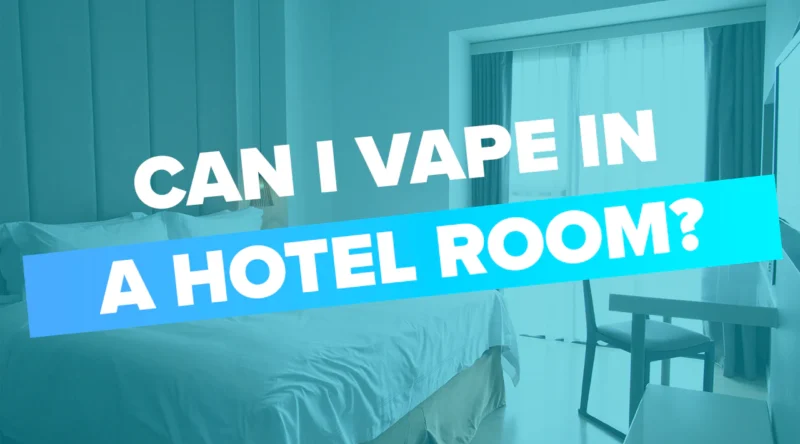
For guests who vape, navigating hotel policies and vape detectors requires preparation and respect for the rules. Researching hotel policies in advance, using designated vaping areas, and being mindful of other guests are key strategies for a trouble-free stay. Travelers should also consider carrying a copy of the hotel’s policy for reference and discussing any concerns with hotel staff upon check-in to avoid misunderstandings.
The Future of Vaping in Hotels
As vaping continues to evolve, so too will the policies and technologies hotels use to manage its presence. We can anticipate further advancements in vape detector technology, making these devices even more accurate and less intrusive. Additionally, the legal landscape surrounding vaping is likely to continue changing, influencing how hotels adapt their policies. The hospitality industry’s response to this activity reflects its broader commitment to guest safety and comfort, signaling ongoing efforts to accommodate diverse guest needs while upholding public health standards.
Navigating the New Norm
The intersection of vaping and hotel accommodations represents a dynamic aspect of modern travel. As hotels increasingly turn to vape detectors to enforce no-vaping policies, travelers must stay informed and adaptable. Whether you vape or prefer a vape-free environment, understanding the role of detectors in hotels enhances your travel experience, ensuring that your stay is both enjoyable and compliant with hotel policies.
Related Posts:
- Is Colorado School of Mines Football Good? - In…
- Exploring Paris Nightlife Solo 2024: The Best Bars and Clubs
- How to Elevate Your Fertility Naturally: Tips for a…
- What Is Architectural Glass? A Comprehensive Guide…
- Minya Konka Trekking Guide 2024: 5 Tips for Your…
- Top 14 Destinations for Medical Treatment in 2024:…

